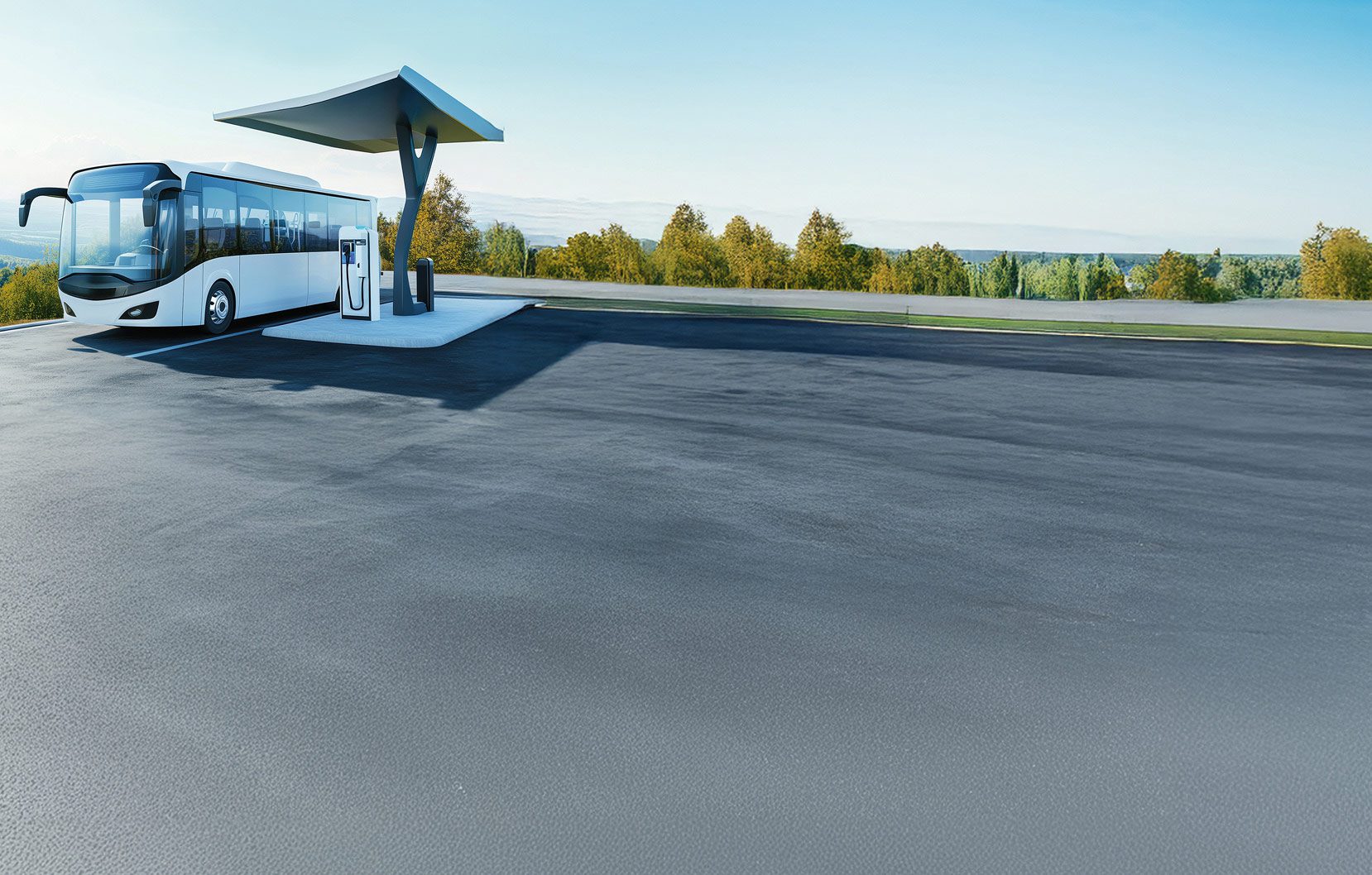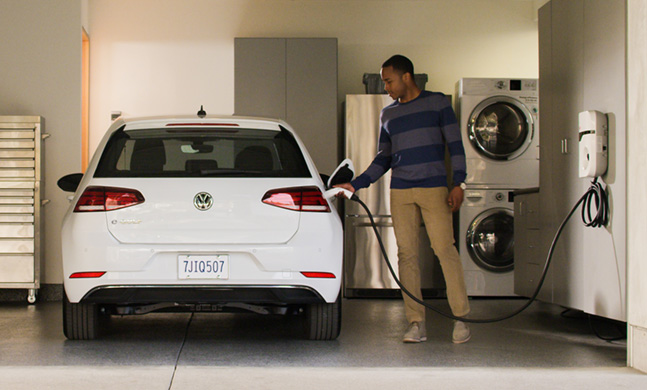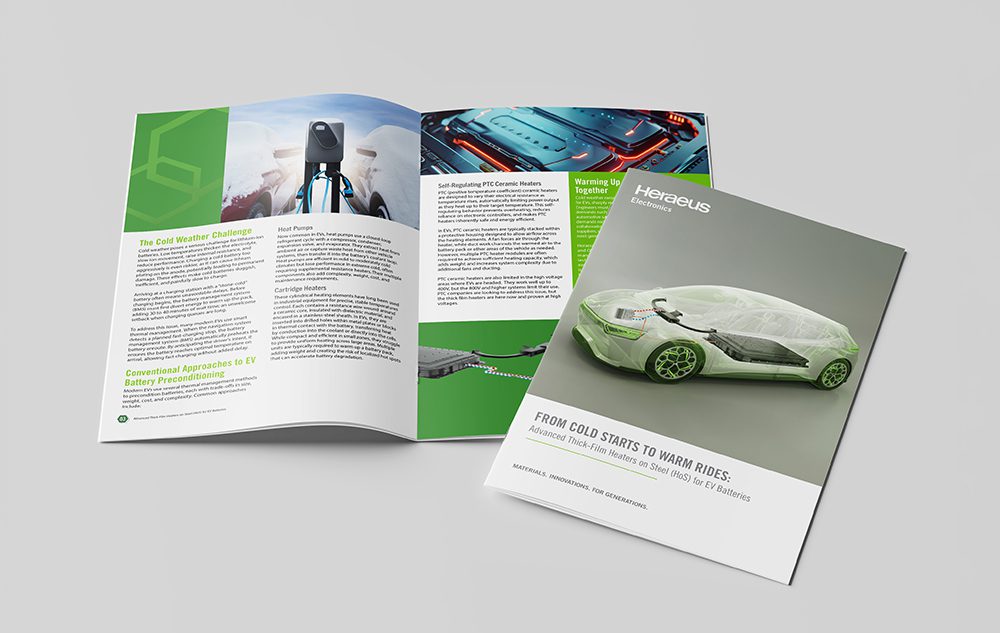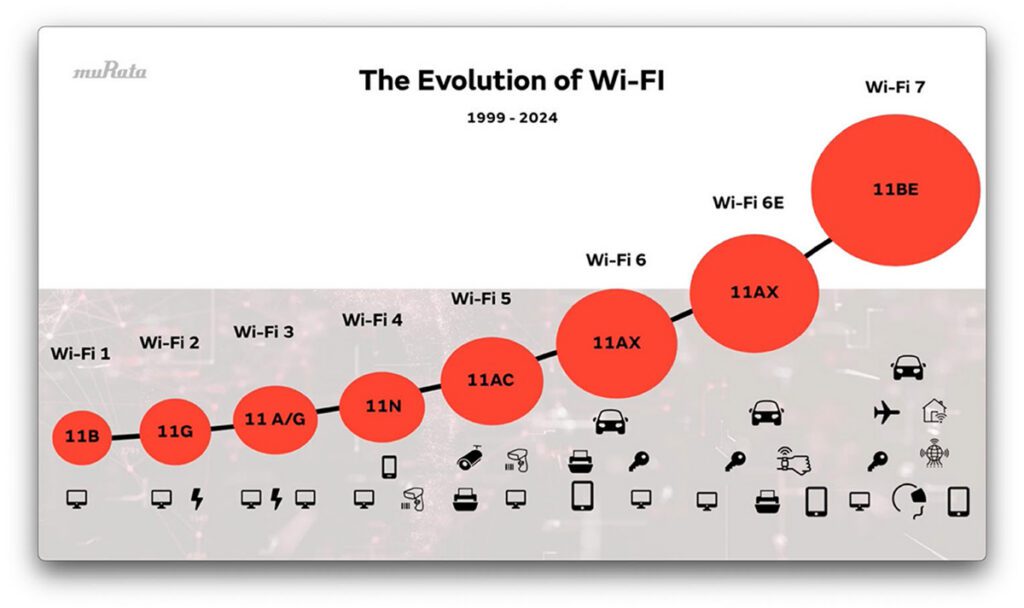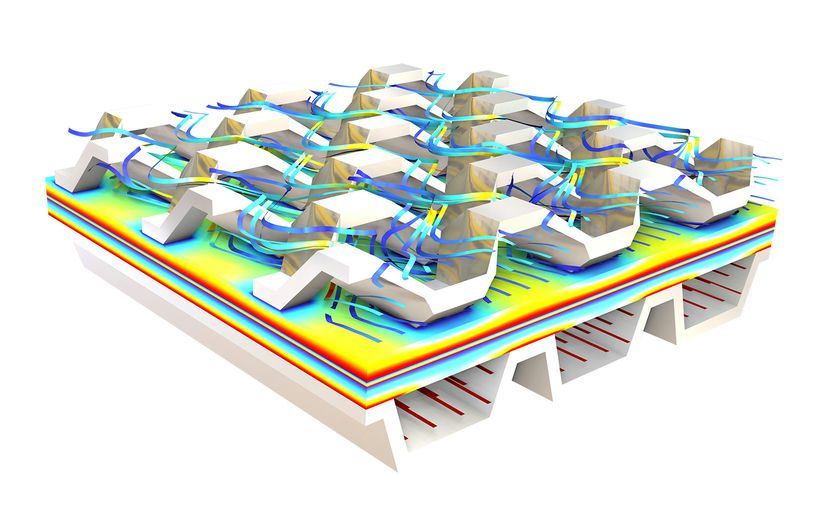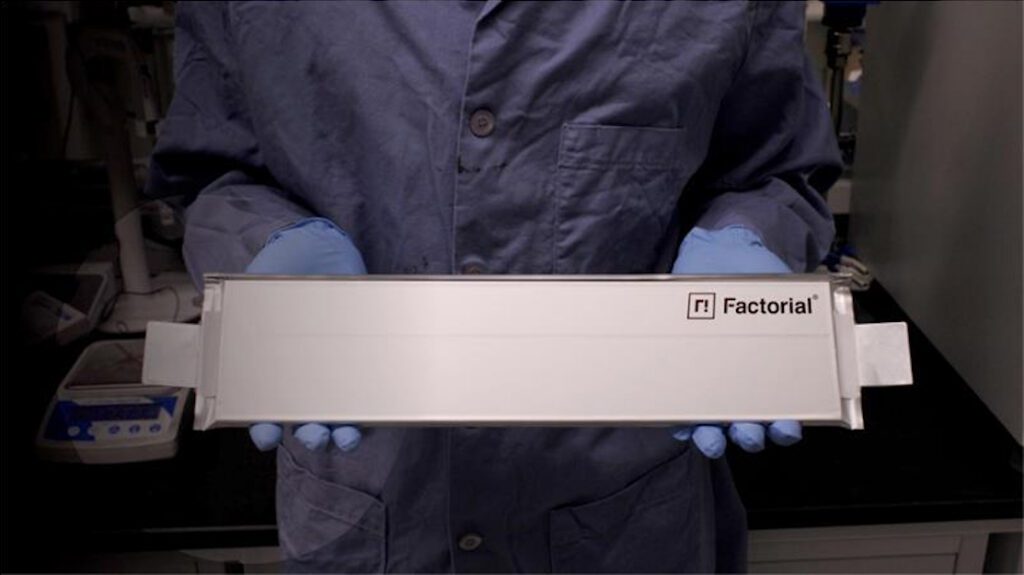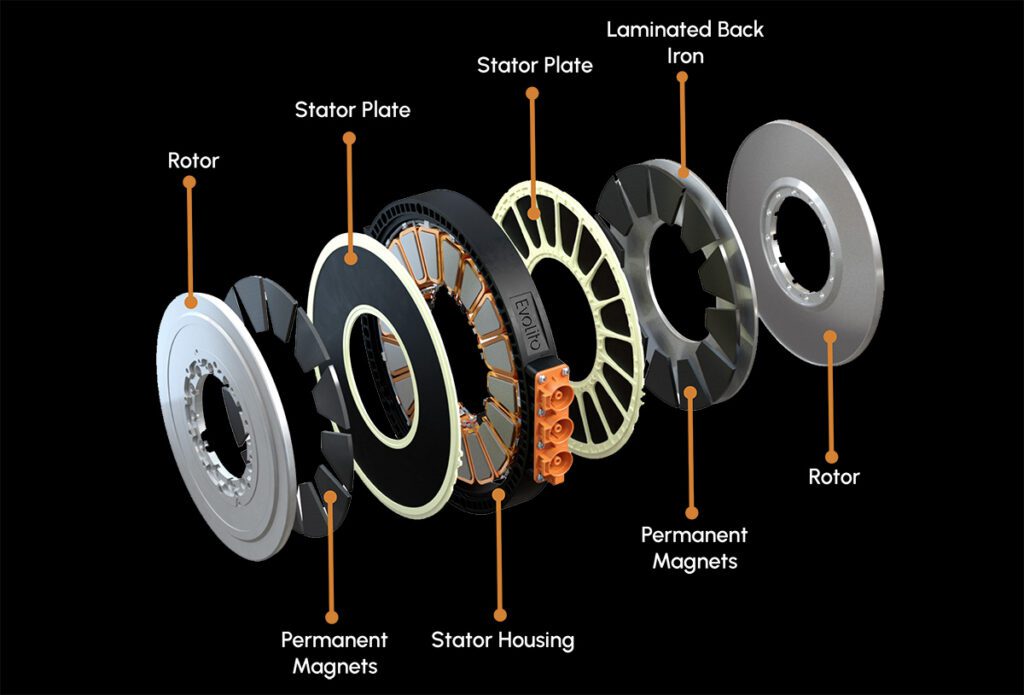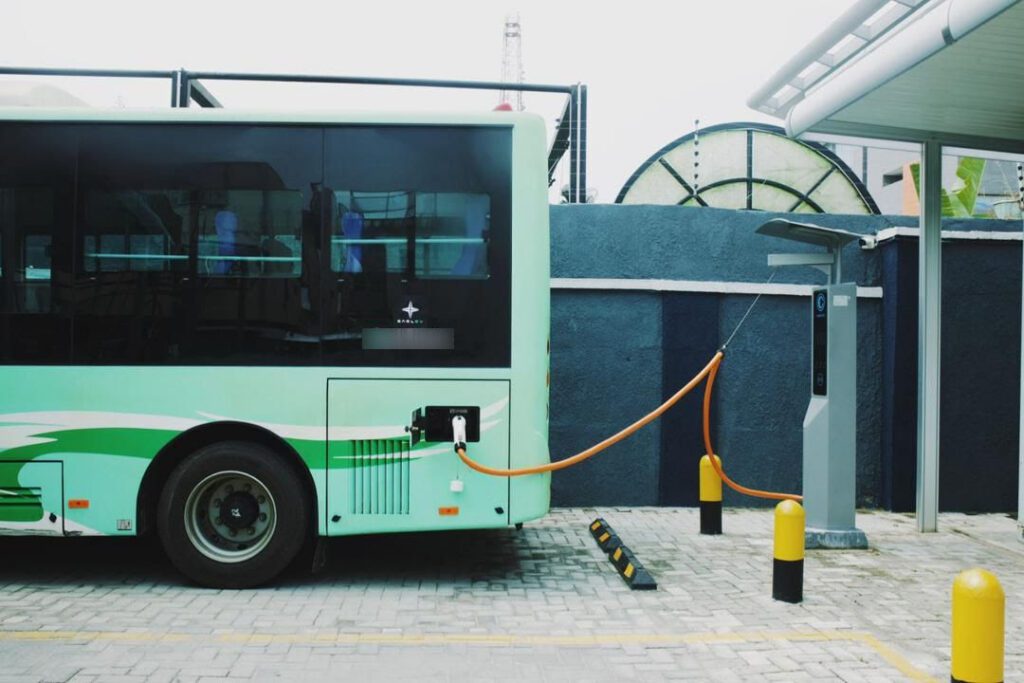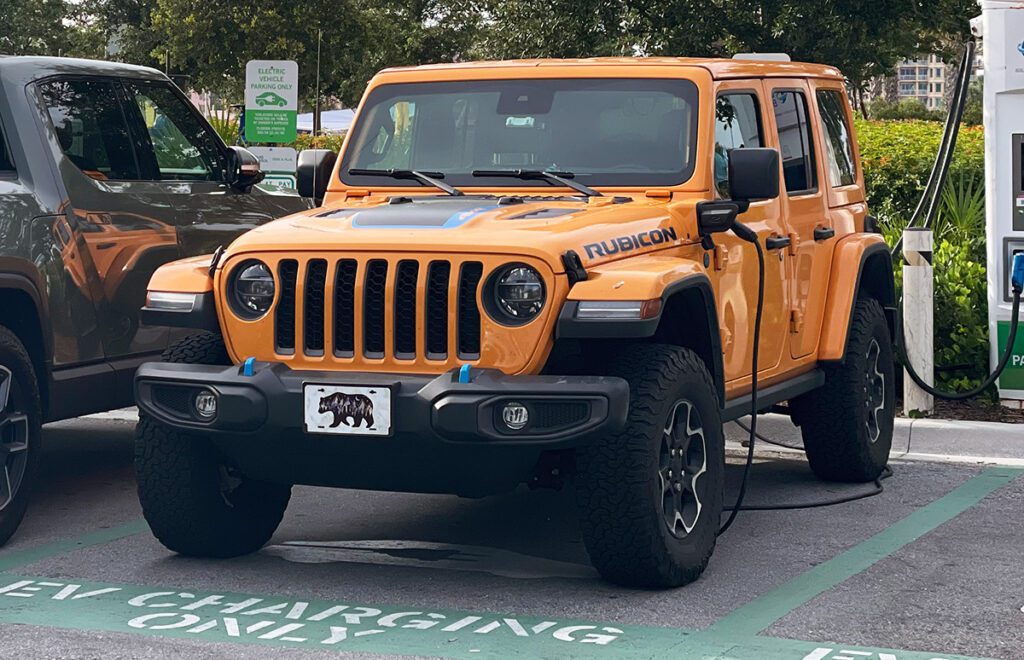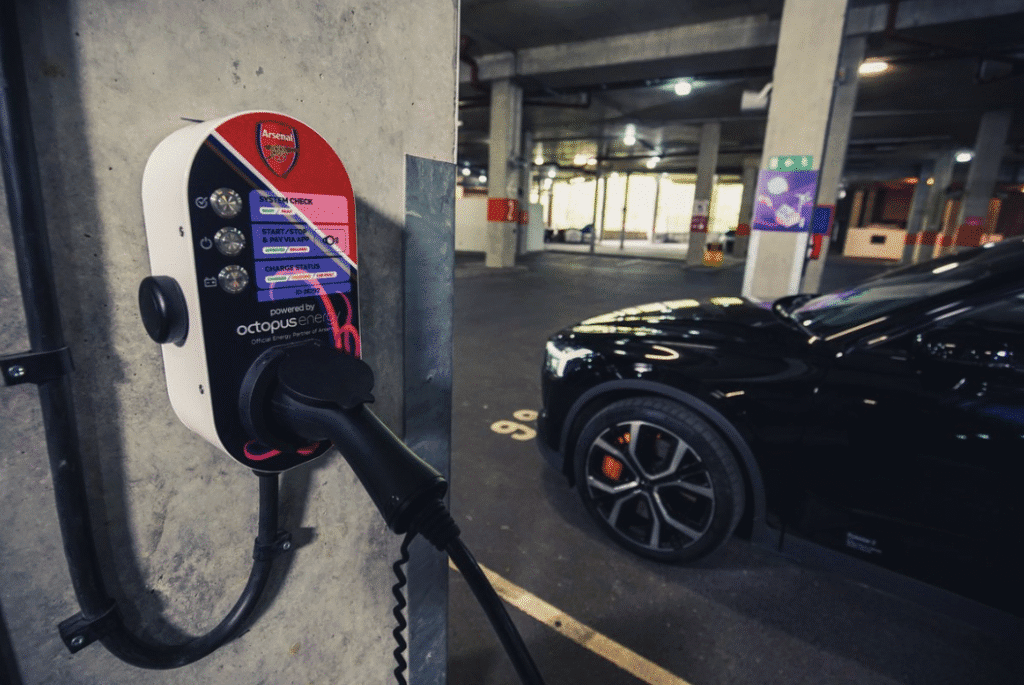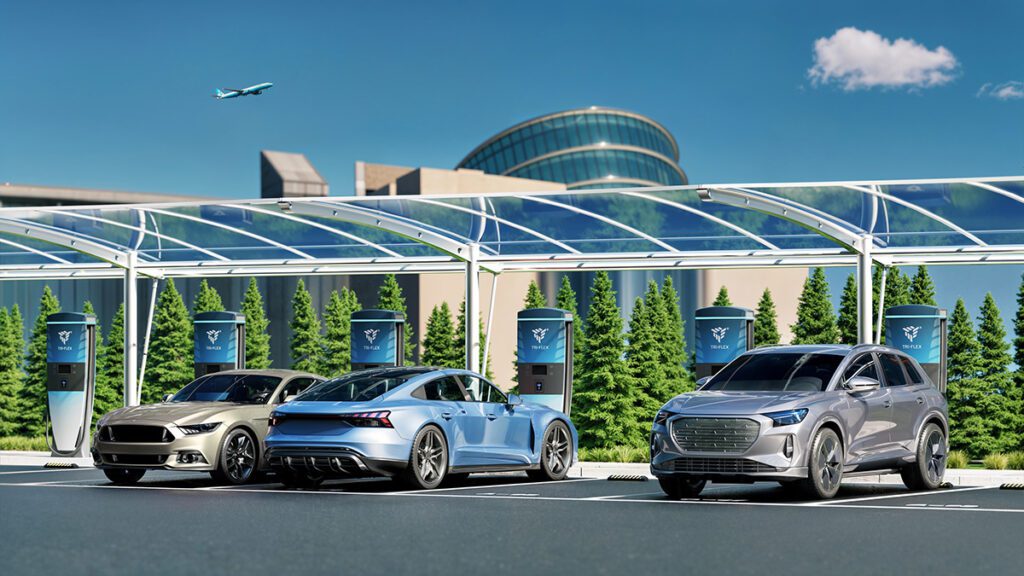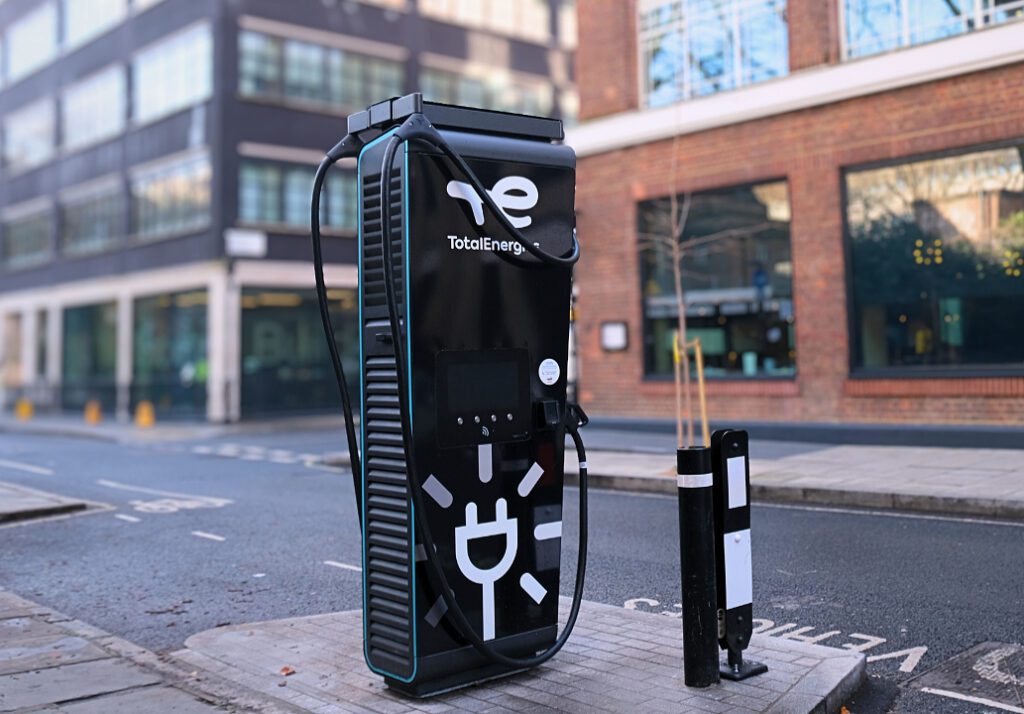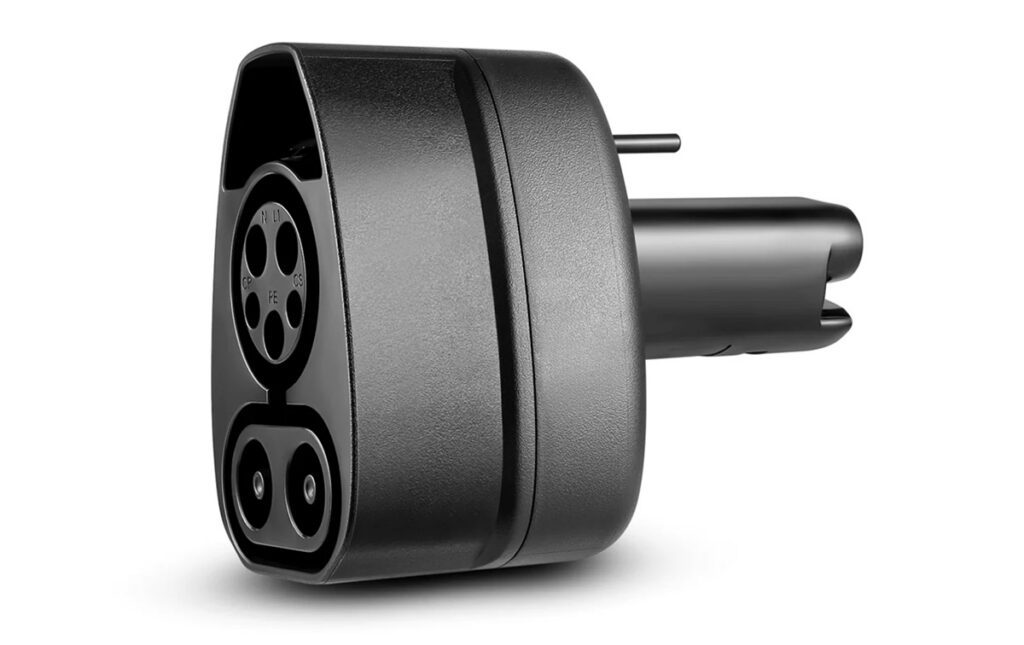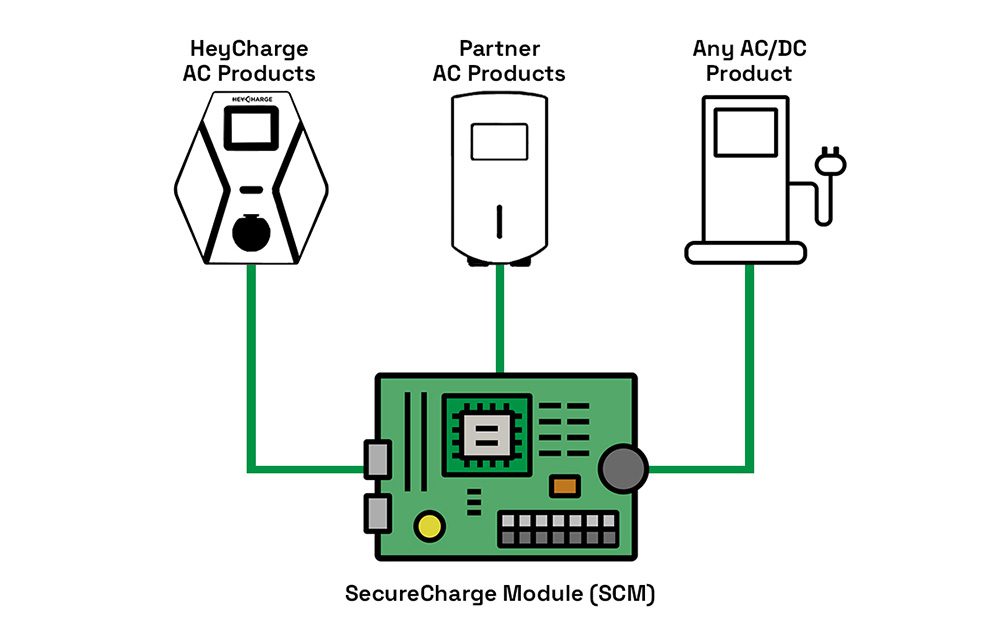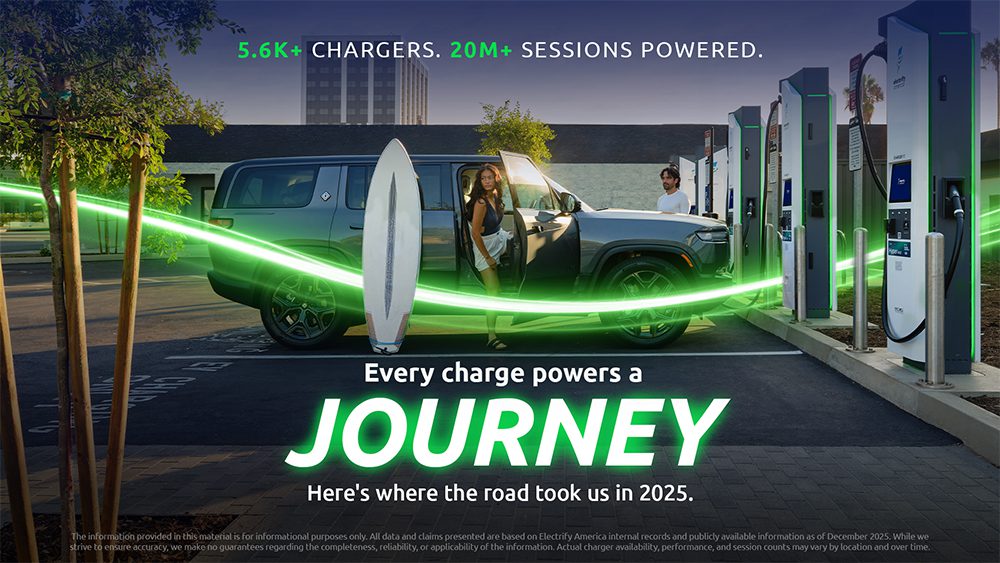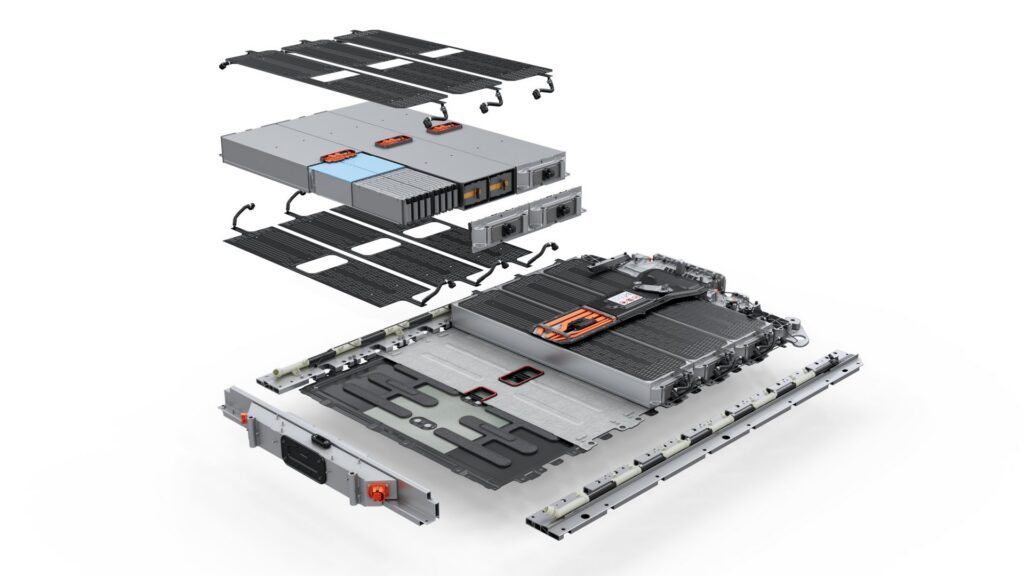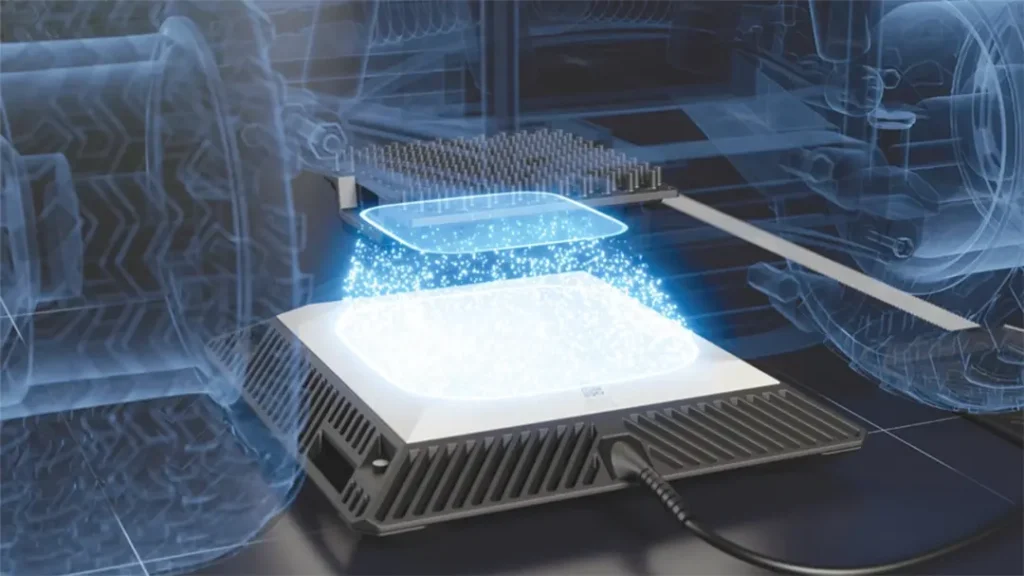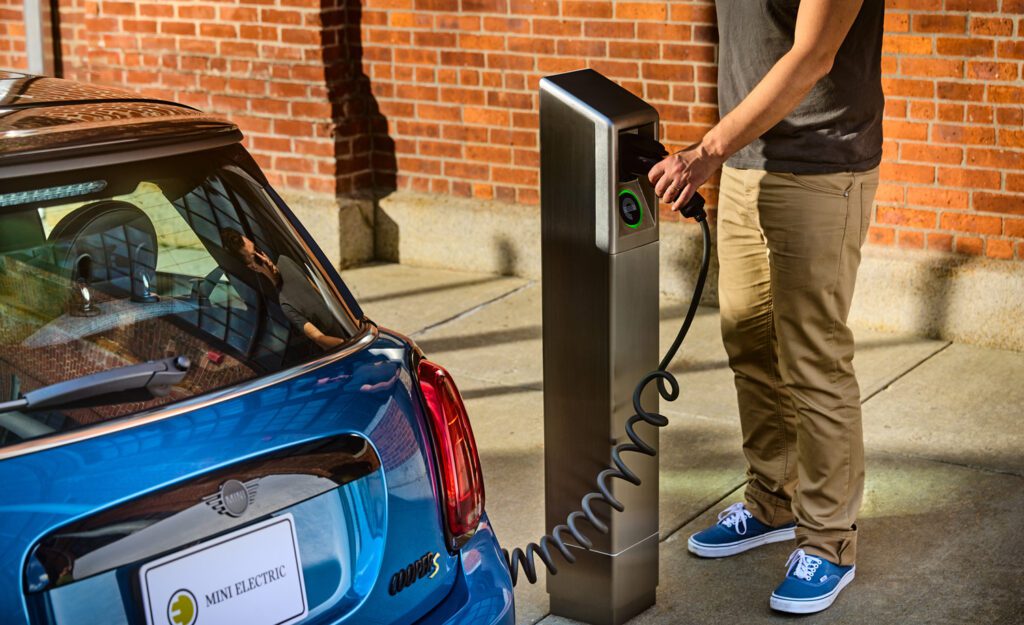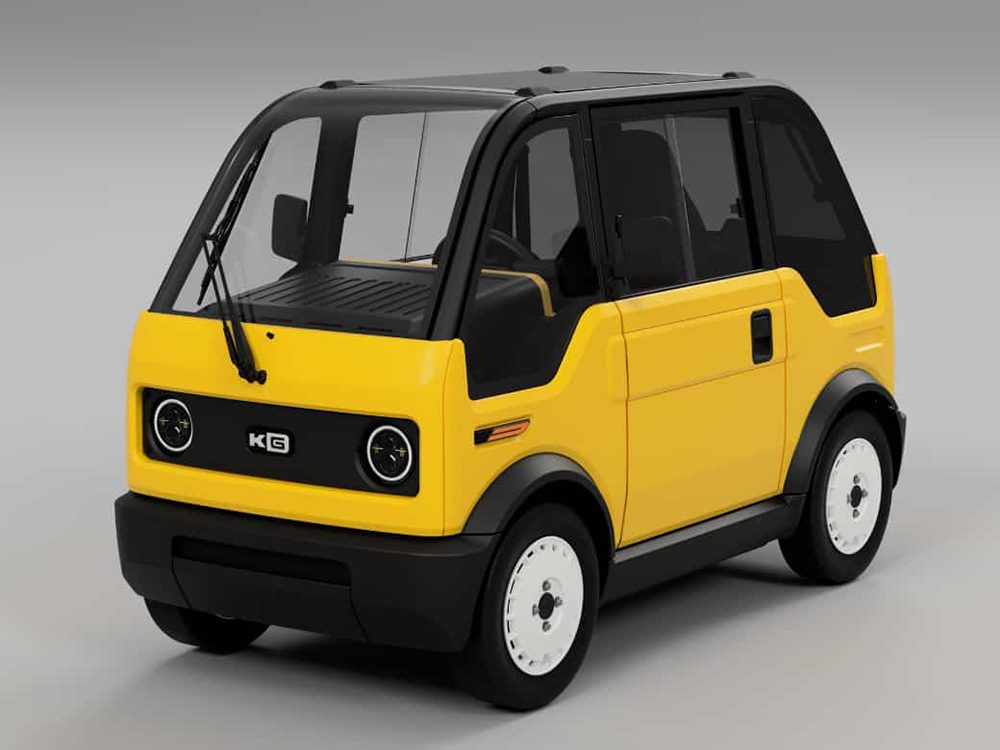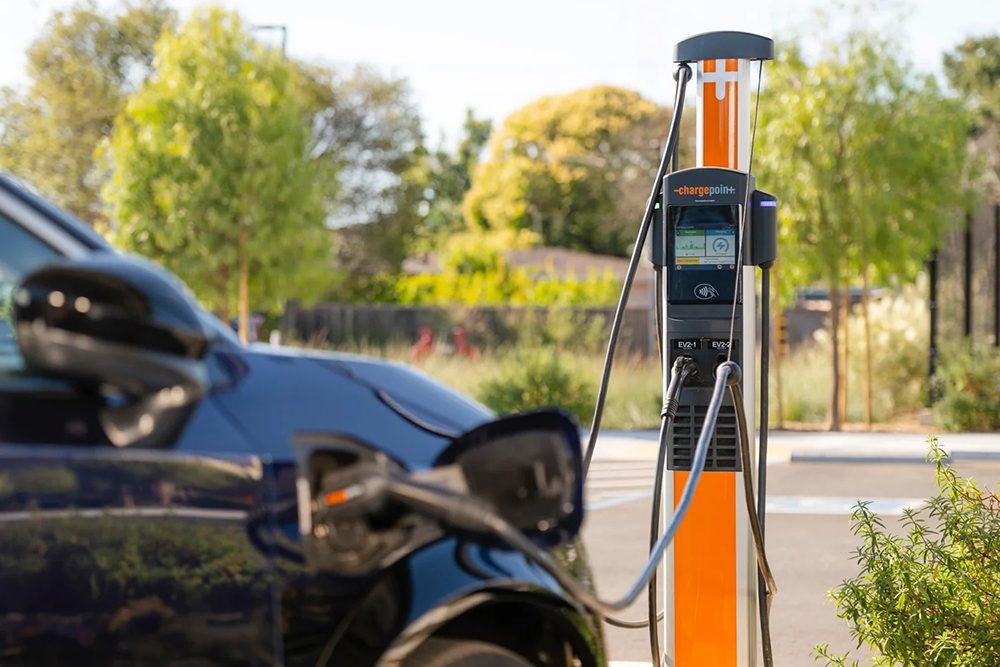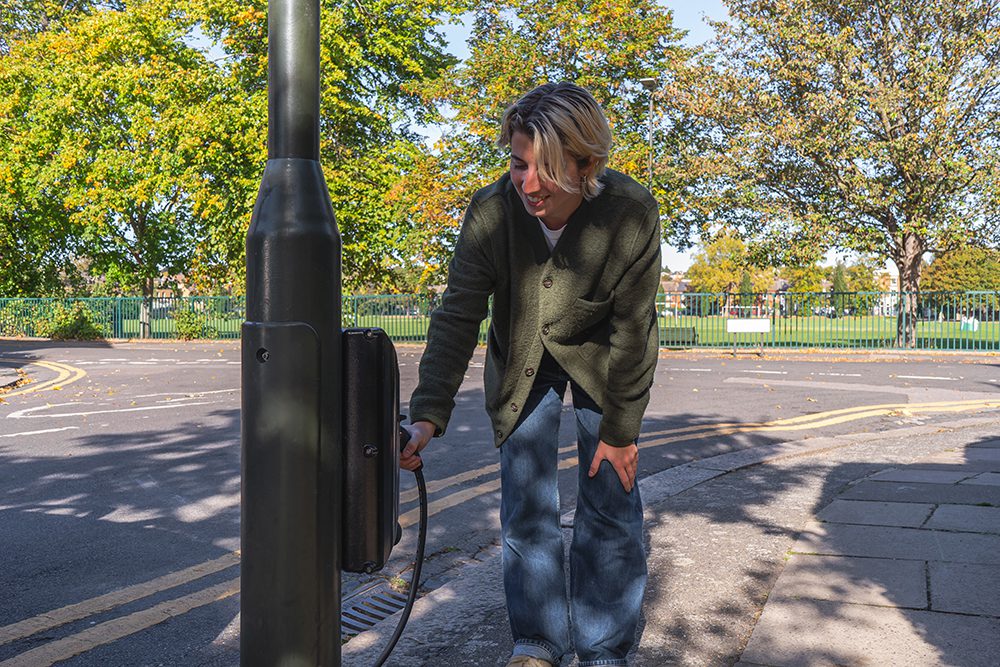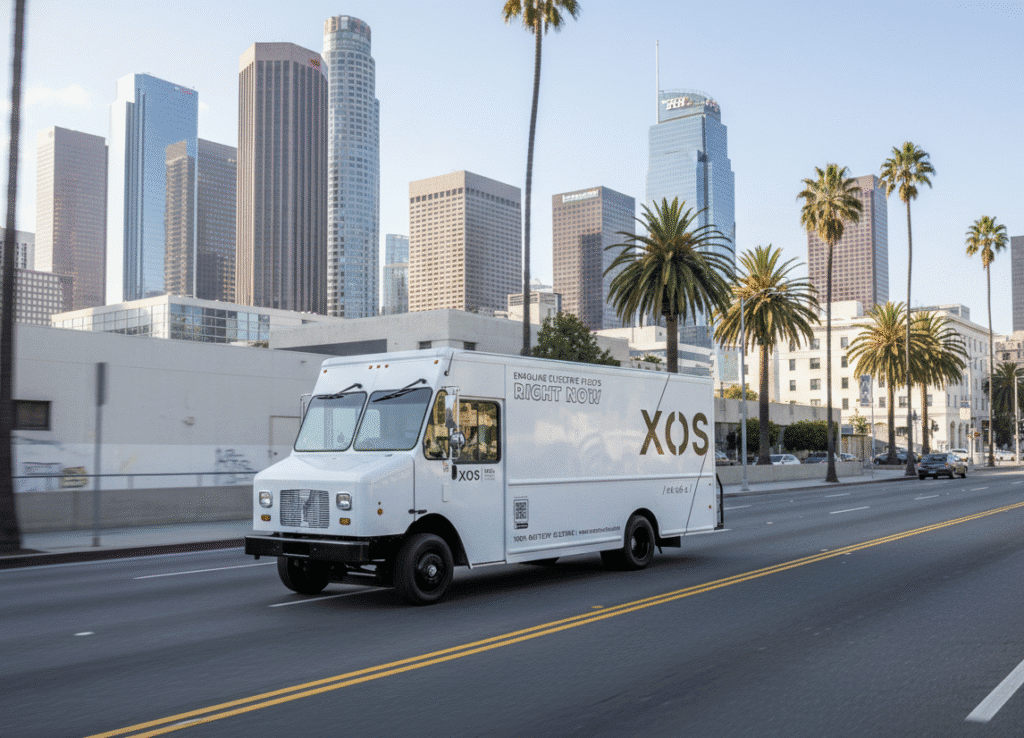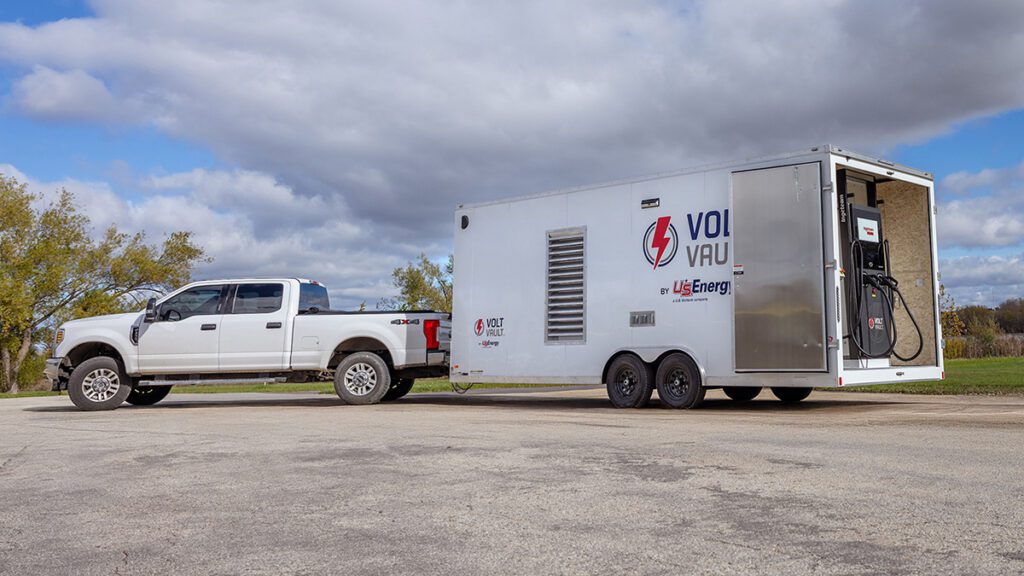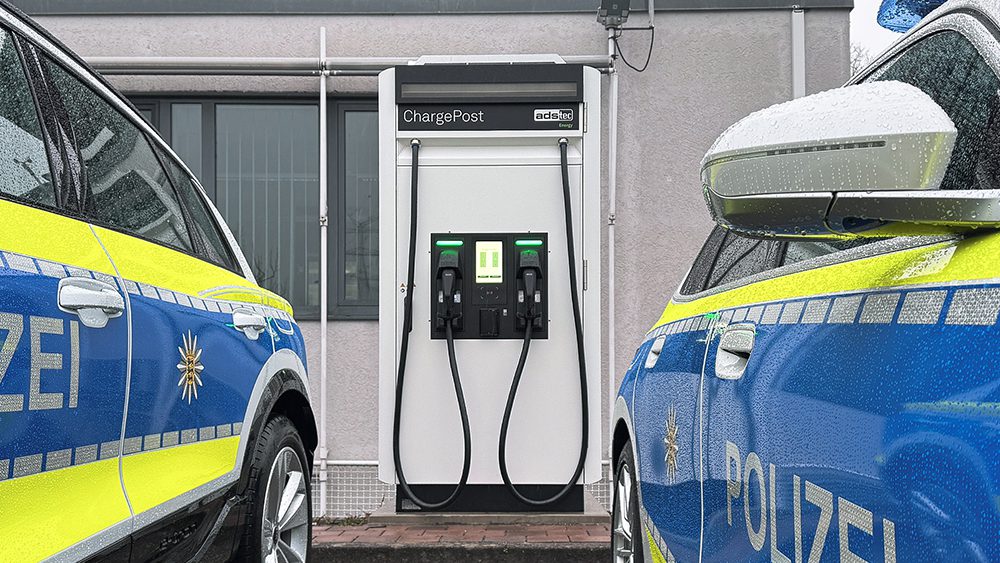Volkswagen, which has unveiled the most ambitious electrification plans of any of the legacy automakers, does not believe the transition to EVs will hurt its profit margins, CEO Herbert Diess said in an interview with la Repubblica (via Reuters). “We do not expect a deterioration in margins. Our advantage is that all our brands have the same platform for electric products and the same batteries that we buy in China.”
Diess presented several indicators of strong EV sales: the Volkswagen Group hopes to sell almost 20,000 Audi e-trons in 2019; the first year’s production of the Porsche Taycan is already sold out; pre-orders for the recently unveiled VW ID.3 have already covered planned production into 2020.
Diess’s optimism contradicts conventional wisdom in the auto industry. Execs at Daimler and other European brands have been crying the blues about EV profits for some time, and GM’s recent downsizing moves indicate that it expects electrification to lead to reduced demand for labor.
In April, a Toyota exec made the dubious assertion that “nobody is selling electric vehicles at a profitable margin.” Nissan might beg to differ – former CEO Carlos Ghosn announced that the LEAF was profitable in 2014, and reiterated the assertion in 2018. Tesla has long claimed (and independent experts have agreed) that it earns a respectable profit margin on its vehicles, although the company as a whole has yet to achieve consistent profitability.
As Electrek’s Fred Lambert puts it, it’s “a weak copout” for automakers to claim they can’t make a profit on EVs. Of course they won’t make any profit as long as they’re building only enough units to comply with regulations. Profitability in the auto industry (among others) depends on economies of scale. As the world’s largest or second-largest automaker (depending on how you measure it), the Volkswagen Group is quite capable of bringing economies of scale, along with vast financial and marketing resources, to bear, if it chooses to do so.

